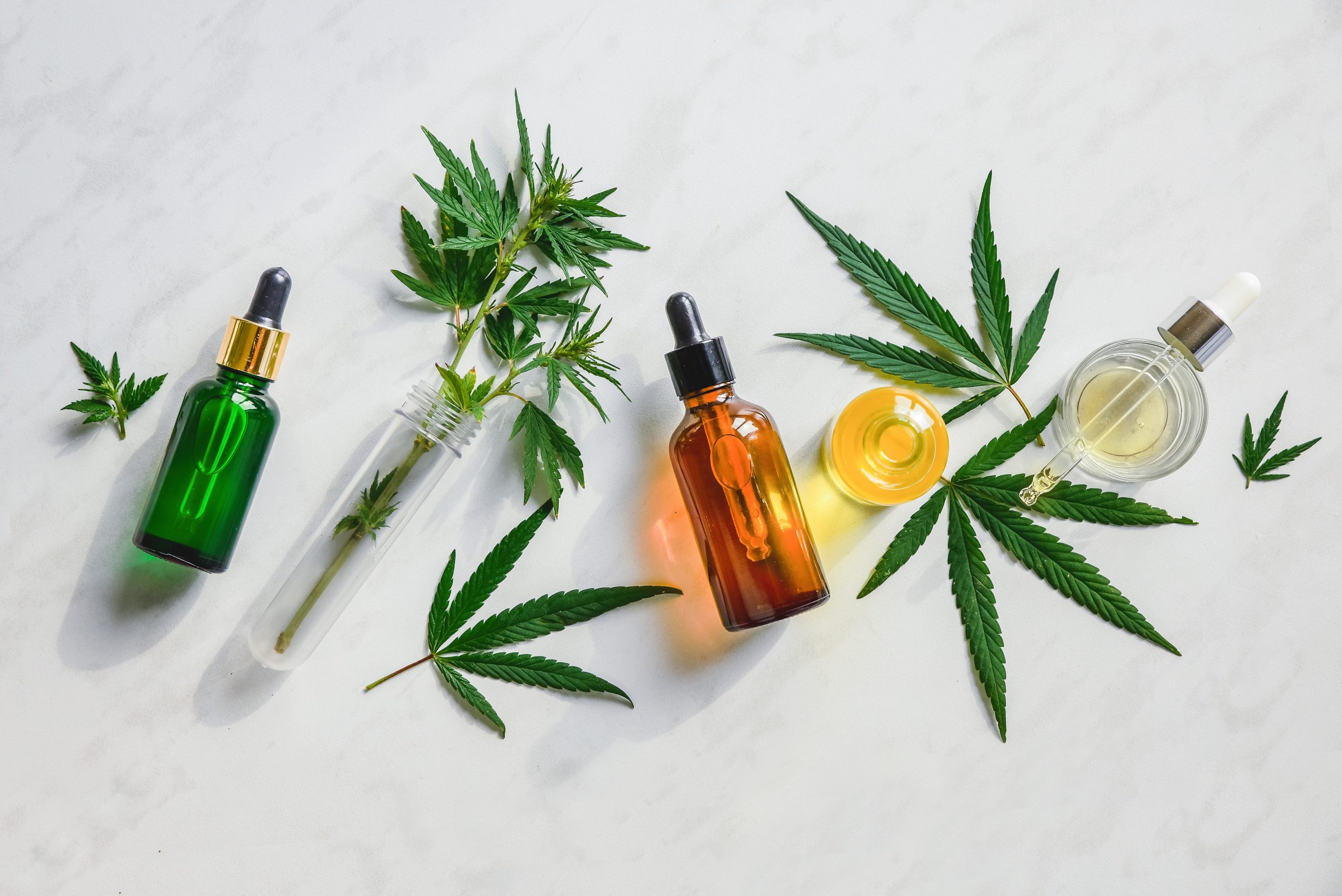 The cannabidiol (CBD) market in the United States has taken off like a rocket. Some projections have this market reaching $16 billion by 2025. After years of singing its praises for treating, albeit illegally, a myriad of health issues, supporters of cannabis have seen an uptick of mainstream support in the last 2 years with the legalization of this herb in many states. The exact truth about its benefits is still under review. Let’s dive a little deeper into this trending topic.
The cannabidiol (CBD) market in the United States has taken off like a rocket. Some projections have this market reaching $16 billion by 2025. After years of singing its praises for treating, albeit illegally, a myriad of health issues, supporters of cannabis have seen an uptick of mainstream support in the last 2 years with the legalization of this herb in many states. The exact truth about its benefits is still under review. Let’s dive a little deeper into this trending topic.
HISTORY & STATISTICS
The first use of cannabis can be traced back as far as 500 BC as a Chinese pharmacopeia. Made from the hemp plant, CBD does not produce the hallucinogenic aftereffects of its popular cousin, tetrahydrocannabinol (THC) derived from the same plant. In fact, CBD must contain less than 0.3% THC. In 2018, President Trump signed the Farm Bill which allowed farmers to legally grow hemp. Since this victory, the CBD market has definitely been amped up and its use has become so commonplace in our society that you can find a CBD store (or two or ten) in every city.
- More than 60% of users claim CBD is being used to treat their anxiety.
- Other widespread uses for CBD are for depression, sleep disorders, and PTSD.
- In 2018, the FDA approved the first CBD product, called Epidiolex, to treat those with rare seizure disorders Lennox-Gastaut syndrome and Dravet syndrome.
FACTS
Users of CBD speak to its benefits in treating anxiety issues. With its widespread availability, consumers can find it in lotions, baked goods, and even makeup. Because of this prevalence in the marketplace, the FDA and FTC are quick to squash claims that are unfounded in trials. Here are the facts:
- CBD can come in varying methods of delivery.
- Tinctures: concentrated herbal extracts suspended in alcohol or vinegar
- Ointments
- Vaping oils
- Oil: extracts from seeds or flowers or stems of hemp put in a base oil to aid absorption
- The exact amount that can safely be used in a day is unknown.
- Side-effects include: drowsiness, digestive issues such as diarrhea, and irritability
FICTION
There is only one FDA approved use of CBD and that is for rare cases of epilepsy. So, when you see health claims for other than that use, they can be false.
- NOT proven to be a treatment for cancer
- NOT without consequences. Serious side-effects can cause serious damage to your health.
- NOT proven to battle COVID-19.
The use of CBD definitely has its supporters and detractors. When making a decision about its use, it is helpful to weigh the pros and cons and seek the truth. One thing is for sure—CBD is a swiftly growing market with high demand.
